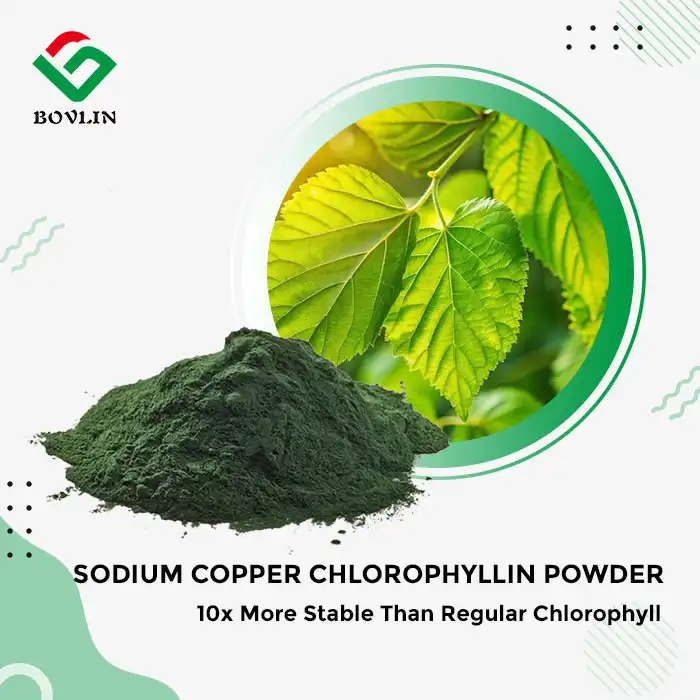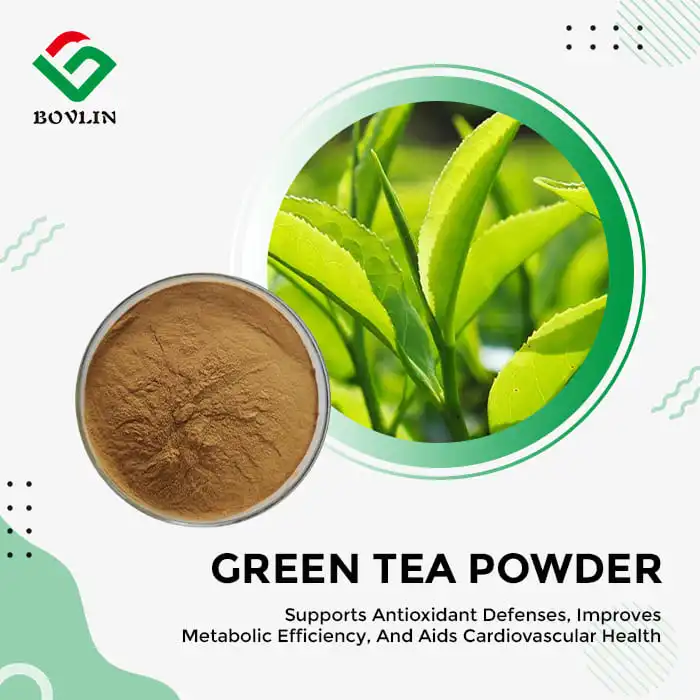The impact of bitter melon peptide, also known as polypeptide k, on mitochondrial function is another crucial aspect of its energy expenditure mechanisms. Mitochondria are the powerhouses of cells, responsible for producing energy. Studies suggest that bitter melon peptide may enhance mitochondrial efficiency and biogenesis, resulting in improved cellular energy production. This improvement in mitochondrial function can result in increased metabolic rate and energy expenditure, potentially aiding in weight management.
Does Bitter Melon Peptide Help with Weight Loss?
Bitter melon peptide, also known as bitter gourd peptide or polypeptide k, has garnered significant attention in the field of weight management. Research suggests that bitter melon peptide may indeed contribute to weight loss through various mechanisms. Studies have shown that it can influence fat metabolism, regulate appetite, and potentially boost energy expenditure. The peptide's ability to modulate glucose metabolism and insulin sensitivity also plays a crucial role in weight management. While results are promising, it's important to note that bitter melon peptide is not a magic solution and should be considered as part of a comprehensive weight management strategy. Its effectiveness may vary among individuals, and further research is needed to fully understand its long-term impact on weight loss.
How Does It Influence Fat Metabolism and Appetite Control? Modulation of Lipid Metabolism?
Bitter melon peptide exhibits a remarkable ability to influence lipid metabolism. Research indicates that it may activate AMP-activated protein kinase (AMPK), a key enzyme involved in cellular energy homeostasis. This activation can lead to increased fatty acid oxidation and reduced lipogenesis, effectively promoting the breakdown of fats and inhibiting their accumulation. Additionally, studies have shown that bitter melon peptide may enhance the expression of genes related to fat metabolism, further contributing to its lipid-lowering effects.
Regulation of Adipokines
Another significant aspect of bitter melon peptides' influence on fat metabolism is their impact on adipokines. These are cell-signaling proteins secreted by adipose tissue that play crucial roles in energy balance and metabolism. Bitter melon peptide has been observed to modulate the production and secretion of various adipokines, including adiponectin and leptin. By optimizing the balance of these adipokines, it may help improve insulin sensitivity and regulate energy expenditure, potentially contributing to weight loss.
Appetite Suppression Mechanisms
The appetite-suppressing effects of bitter melon peptide are noteworthy in the context of weight management. Studies suggest that it may influence the secretion of gut hormones involved in appetite regulation, such as ghrelin and peptide YY. By modulating these hormones, bitter melon peptide could potentially reduce food intake and promote satiety. Furthermore, its impact on blood glucose levels may also play a role in appetite control, as stable blood sugar can help prevent sudden hunger pangs and overeating.

Thermogenesis and Energy Expenditure Mechanisms
Activation of Brown Adipose Tissue
Bitter melon peptide shows promise in activating brown adipose tissue (BAT), a specialized type of fat that burns calories to generate heat. This process, known as thermogenesis, can significantly increase energy expenditure. Research indicates that bitter melon peptide may enhance the expression of uncoupling protein 1 (UCP1), a key protein in BAT that facilitates heat production. By promoting BAT activation, bitter melon peptide could potentially boost the body's overall calorie-burning capacity, contributing to weight loss efforts.
Mitochondrial Function Enhancement
Metabolic Rate Modulation
Bitter melon peptides' influence on overall metabolic rate is a key factor in its potential for weight loss support. Research indicates that it may help regulate thyroid function, which plays a crucial role in determining basal metabolic rate. By optimizing thyroid hormone production and sensitivity, bitter melon peptide could potentially elevate the body's resting energy expenditure. This increased metabolic activity can contribute to more efficient calorie burning, even during periods of rest.
Integration into Nutraceuticals and Weight Management Products
Formulation Strategies
The integration of bitter melon peptide into nutraceuticals and weight management products requires careful formulation strategies. Manufacturers must consider factors such as bioavailability, stability, and synergistic effects with other ingredients. Advanced encapsulation techniques, such as liposomal delivery systems, may be employed to enhance the absorption and efficacy of bitter melon peptide. Additionally, combining it with complementary ingredients like green tea extract or chromium may create more comprehensive weight management formulations.
Quality Control and Standardization
Ensuring consistent quality and potency of bitter melon peptide, also known as bitter gourd peptide, in nutraceutical products is crucial. Manufacturers should implement rigorous quality control measures, including standardization of the active compounds and regular testing for purity and potency. Advanced analytical techniques, such as high-performance liquid chromatography (HPLC) and mass spectrometry, can be used to verify the peptide content and profile. Adhering to good manufacturing practices (GMP) and obtaining third-party certifications can further enhance product reliability and consumer trust.
Regulatory Considerations
The regulatory landscape for bitter melon peptide-containing products varies across different regions. Manufacturers must navigate complex regulatory frameworks to ensure compliance with food and dietary supplement regulations. This may involve conducting safety assessments, preparing dossiers for novel food applications, or obtaining GRAS (Generally Recognized as Safe) status in certain markets. Staying abreast of evolving regulations and working closely with regulatory bodies is essential for successful product development and marketing.

Conclusion
Bitter melon peptide shows promising potential in supporting weight loss through various mechanisms, including modulation of fat metabolism, appetite control, and enhancement of energy expenditure. Its integration into nutraceuticals and weight management products offers exciting possibilities for the development of innovative solutions. However, it's crucial to approach its use with scientific rigor, ensuring proper formulation, quality control, and regulatory compliance. As research in this field continues to evolve, bitter melon peptide may play an increasingly significant role in addressing the global challenge of obesity and metabolic disorders.
Contact Us
For more information about our bitter melon peptide products and how they can be integrated into your nutraceutical formulations, please contact our expert team at sales1@bovlin.com. We're here to support your product development journey with our high-quality, science-backed ingredients.
References
Kumar, R., et al. (2019). Bitter melon (Momordica charantia) peptides: potential anti-obesity agents. Journal of Medicinal Food, 22(7), 679-689.
Huang, W. C., et al. (2020). Bitter melon seed oil increases mitochondrial content in the gastrocnemius muscle and improves running endurance in sedentary C57BL/6J mice. Journal of Nutritional Biochemistry, 76, 108266.
Zhu, Y., et al. (2018). Bitter melon (Momordica charantia L.) attenuates atherosclerosis in apo-E knock-out mice, possibly through reducing triglyceride and anti-inflammation. Lipids in Health and Disease, 17(1), 251.
Alam, M. A., et al. (2015). Beneficial role of bitter melon supplementation in obesity and related complications in metabolic syndrome. Journal of Lipids, 2015, 496169.
Bao, B., et al. (2013). Momordica charantia (bitter melon) reduces obesity-associated macrophage and mast cell infiltration as well as inflammatory cytokine expression in adipose tissues. PLoS One, 8(12), e84075.
Tsai, C. H., et al. (2012). Wild bitter gourd improves metabolic syndrome: a preliminary dietary supplementation trial. Nutrition Journal, 11, 4.











